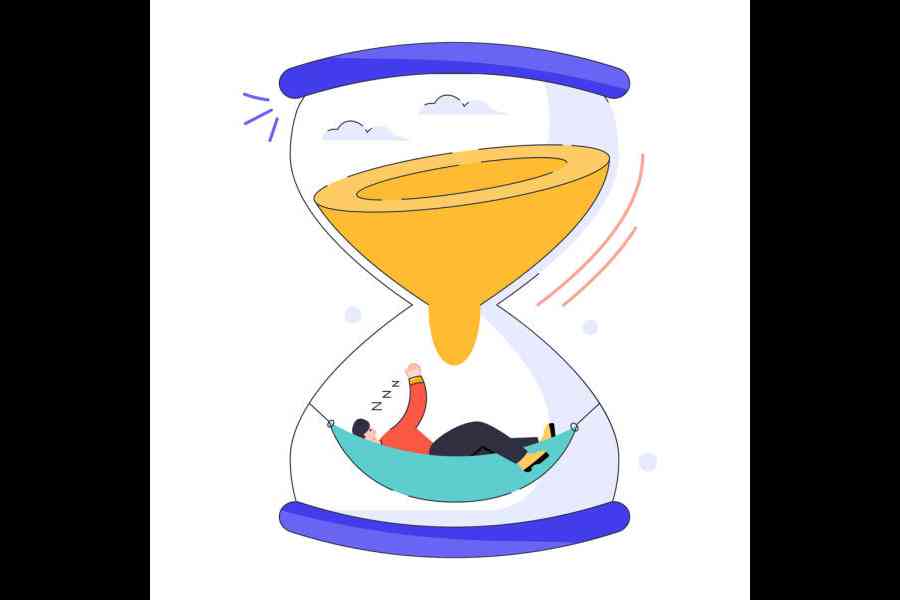Although people think naps are for babies, many adults take them daily. Naps are critical to learning and brain development in children. Children who nap regularly have better recall and retention of things they learned. Short-term memory stores (which depend on brain chemicals) are limited in children, so younger kids need more frequent sleep to revitalise their brains.
It is not a phenomenon of childhood alone. Studies have shown that, surprisingly, adults, too, have “nap” requirements. A siesta is actually healthy. Even though some people equate napping with laziness, it does not mean a person partial to naps is lazy or a shirker. These days, some offices actually have “nap rooms” for resting.
An occasional nap may be taken because of a late night or a very tiring morning. Regular napping is usually a habit, and an effective one. New studies have now shown that the traditional siesta can actually be a healthy habit. Naps help recharge your batteries and can improve your memory. Tests have shown that number and word recall are better after a nap. Cranky people are usually more relaxed after a nap and less likely to lash out with frustration. As a result, the office or home becomes a smoother, peaceful, tension-free area.
Fatigue can be dangerous, especially when driving or working near heavy machinery. A short power nap can prevent nodding off and losing control that may lead to accidents. Naps quicken reaction time. Suppose you have a long day or drive ahead. In that case, it might be better to prepare by taking a nap before departure in anticipation
so that you do not become sleep- deprived and exhausted.
Naps resolve infection and inflammation faster, and the immune system also gets a boost. This is the rationale behind rest for illness.
Naps are good for cardiovascular health. They can lower blood pressure, especially if there have been preceding stressful events.
The brain functions with chemical signals, and as the day progresses and age advances, these get depleted. A short nap will rejuvenate the brain. It may even delay the onset of dementia.
Napping should be done about six to eight hours after you wake up in the morning, as there is a “natural circadian dip” in early to mid-afternoon of levels of the stress hormone cortisol that helps keep us alert.
Even if you may not really fall asleep during your nap, or if you are “somewhat conscious” and half awake — as in the early stages of sleep — it still provides
a good rest. It generates more creativity, better problem-solving and even “eureka” moments in young adults.
For a rejuvenating and healthy nap, there are some rules that need to be followed.
n A short power nap of 10-15 minutes may be enough for some people. Others may need longer naps. However, do not sleep for more than 90 minutes. A nap that lasts 30-40 minutes is ideal. Sleeping for two hours or longer can produce sleep inertia, a paralysis-like feeling. It can also make you groggy or feel like you are drowning so that you are unable to function. It can interfere with your sleep at night, too. Do not nap after 3pm, as that will have an adverse impact your night’s quota of sleep
n Do not sleep immediately after a heavy meal
n Do not toss and turn if sleep eludes you. Get up and do some work. Try taking a nap again the next day
n A short nap between 1pm and 3pm will not only improve your performance but also have a better impact than than a cup of coffee. Keep in mind that caffeine takes about an hour to act. So if you have a cup of coffee or tea and then go to sleep, you will wake up rejuvenated, refreshed and ready to take on the world. A little unconventional but very effective.
The writer has a family practice at Vellore and is the author of Staying Healthy in Modern India. If you have any questions on health issues please write to yourhealthgm@yahoo.co.in











